Eric Topol speaks with DeepMind CEO Demis Hassabis about harnessing the potential of AI in health and medicine.
Category: biotech/medical – Page 1,726
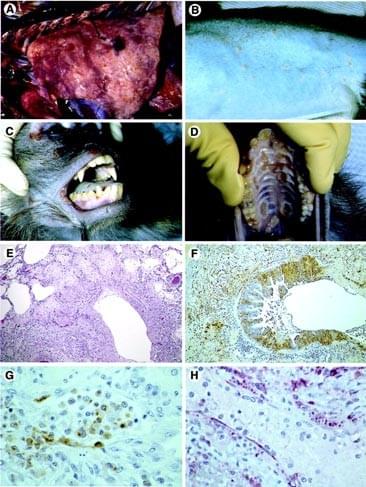
The Pathology of Experimental Aerosolized Monkeypox Virus Infection in Cynomolgus Monkeys (Macaca fascicularis)
All monkeys appeared clinically normal on Day 0 of the study. Monkeys began to show evidence of exanthema, enanthema, mild anorexia, fever, cough, and nasal discharge on Days 6 and 7 postexposure. Dyspnea, noted as early as Day 8 postexposure, was evident in all animals by Day 10. By Days 9 and 10, all animals had exanthema and enanthema, were depressed and severely anorectic, and showed signs of weakness. Clinical signs progressed until the animals died naturally or were killed 9 to 17 days postexposure (mean 11.7 days). There was no correlation of inhaled dose to survival time. Leukocytosis (absolute and relative monocytosis) developed with the onset of clinical signs on Day 6. There were no trends detected in clinical chemistry data. Virus was first isolated from buffy coat cells of one of eight animals tested on Day 6. Nine of 11 animals were positive on Day 9, and 2 of 7 remained positive on Days 12 or 13. There was no cell-free viremia detected at any time.
Principal gross necropsy findings are presented in Table 1. All deaths were attributed to bronchopneumonia, although secondary bacterial septicemia was considered to be a contributing factor in one animal. Lungs were heavy and congested and failed to collapse. A dark red, lobular, mottled pattern of edema, atelectasis, and necrosis was distributed throughout all lung lobes (Fig. 1A). Occasionally, there was fibrinous pleuritis with pleural adhesions and multifocal, white, plaque-like thickenings of the visceral pleura. We observed a clear pericardial effusion in two monkeys.
Dermatitis, present in all monkeys, varied from barely detectable, single, small papules to extensive involvement primarily affecting the inguinal, ventral abdominal, ventral thoracic, perineal, and facial regions (Fig. 1, B and C). Palmar surfaces of the hands and plantar surfaces of the feet were only occasionally involved. The extent of involvement and the stage of skin lesion development noted at necropsy exhibited a positive correlation with the number of days elapsed since initial onset of the lesions was noted clinically. In animals necropsied 1 to 2 days after onset of exanthema, lesions were generally minimal in extent and were in the papular stage, appearing as pale tan to white, slightly raised foci, 2 to 4 mm in diameter. At 3 to 5 days post onset, lesion distribution was characterized as mild. Papules were accompanied by 1 to 2 mm vesicles. Vesicle formation, however, was not prominent grossly.
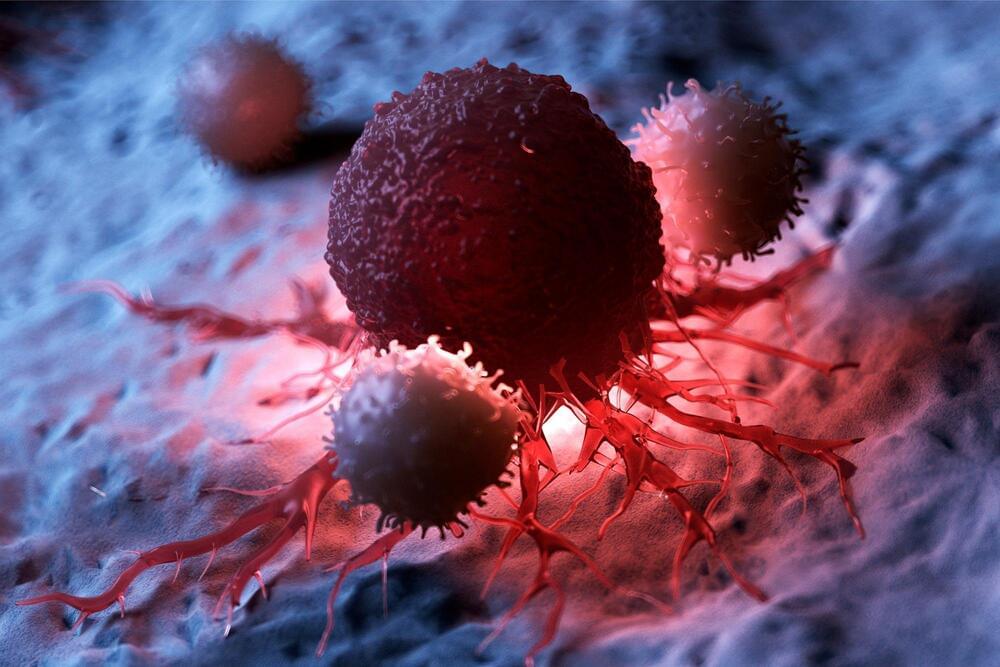
Scientists Develop “Nanomachines” That Can Penetrate and Kill Cancer Cells
A research team from the Korea Institute of Science and Technology has developed ‘nanomachines,’ which use mechanical molecular movements to penetrate and destroy cells. Selective cancer cell penetration is also possible by using a latch molecule released near cancer cells. Cancer is a condition where some of the body’s cells grow out of control and spread to other bodily regions. Cancer cells divide continually, leading them to invade surrounding tissue and form solid tumors. The majority of cancer treatments involve killing the cancer cells.
According to 2020 estimates, 1.8 million new instances of cancer were diagnosed in the US, and 600,000 people passed away from the condition. Breast cancer, lung cancer, prostate cancer, and colon cancer are the most common cancers. The average age of a cancer patient upon diagnosis is 66, and individuals between the ages of 65 and 74 account for 25% of all new cancer diagnoses.
Proteins are involved in every biological process and use the energy in the body to change their structure via mechanical movements. They are referred to as biological ‘nanomachines’ since even minor structural changes in proteins have a substantial impact on biological processes. To implement movement in the cellular environment, researchers have focused on the development of nanomachines that imitate proteins. However, cells use a variety of mechanisms to defend themselves against the effect of these nanomachines. This restricts any relevant mechanical movement of nanomachines that could be used for medical purposes.
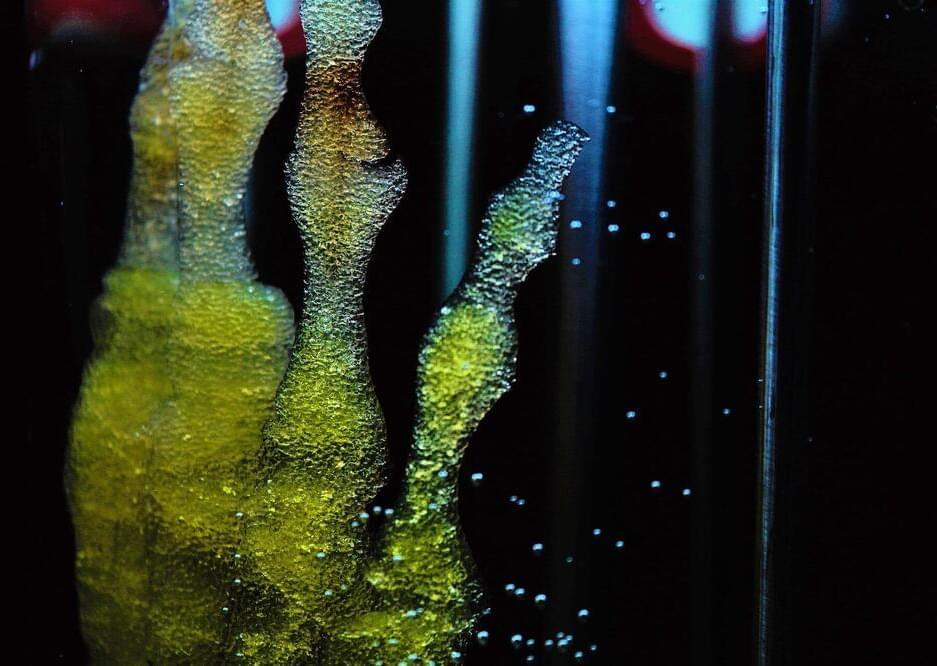
Stem cells unraveled: We’re one step closer to making organs in a dish
Imagine if you could repair damaged tissue in your organs. That is what stem cell research is working towards, because stem cells have tremendous potential to produce the cells of organs such as the liver, pancreas and intestine.
For decades, scientists have attempted to mimic the path that stem cells follow in order to form, for example, organs in embryos. However, despite extensive efforts, getting cells to properly develop in the lab has been very difficult. But they may have overlooked an important step and maybe missing another type of stem cells, suggests a new study from the University of Copenhagen.
“Very simply put, a number of recent studies have attempted make a gut from stem cells in a dish. We have found a new way to do this, a way which follows different aspects of what happens in the embryo. Here, we found a new route that the embryo uses, and we describe the intermediate stage that different types of stem cells could use to make the gut and other organs,” says Ph.D. student at Martin Proks, one of the primary authors of the study from Novo Nordisk Foundation Center for Stem Cell Medicine at the University of Copenhagen (reNEW).
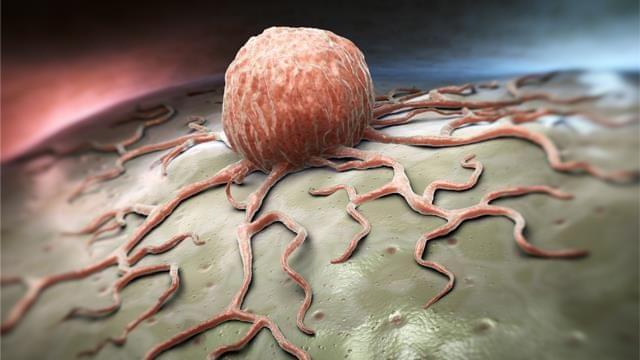
Novel Nanoparticle Increases Drug Delivery In Solid Tumors
Researchers from Wake Forest University School of Medicine have discovered a possible new approach in treating solid tumors through the creation of a novel nanoparticle. Solid tumors are found in cancers such as breast, head and neck, and colon cancer.
In the study, Xin Ming, Ph.D., associate professor of cancer biology at Wake Forest University School of Medicine, and his team used a nanoparticle to deliver a small molecule called ARL67156 to promote an anti-tumor immune response in mouse models of colon, head and neck, and metastatic breast cancer, resulting in increased survival.
The study is published online in the journal Science Translational Medicine.

Differentiation Protocol Could Improve Stem Cell-Based Therapies for Macular Degeneration
The macula is part of the eye’s retina, which is the light-sensitive tissue mostly composed of the eye’s visual cells: cone and rod photoreceptor cells. The retina also contains a layer called the retinal pigment epithelium (RPE), which has several important functions, including light absorption, cleaning up cellular waste, and keeping the other cells of the eye healthy.
The cells of the RPE also nourish and maintain the eye’s photoreceptor cells, which is why one of the most promising treatment strategies for age-related macular degeneration is to replace aging, degenerating RPE cells with new ones grown from human embryonic stem cells.
Scientists have proposed several methods for converting stem cells into RPE, but there is still a gap in our knowledge of how cells respond to these stimuli over time. For example, some protocols take a few months while others can take up to a year. And yet, scientists are not clear as to what exactly happens over that period of time.

PayPal Mafia’s Keith Rabois agrees with Elon Musk on the importance of returning to the office: ‘The ambitious people want to work IRL’
Rabois’s pushback to remote work comes at a time when many workers are pushing to continue having the option, and companies who allowed it during the pandemic are deciding what their policies will look like moving forward. According to ADP Research Institute, 64% of workers surveyed said they would consider looking for another job if their employer asked them to return full-time.
While Protocol talked to other investors who argued that asking workers to return to the office shouldn’t be a big deal, not everyone agrees, and the debate has spilled over onto Twitter, giving the public a glimpse into how executives and investors view the issue.
In a response to Rabois’s tweet about only funding IRL startups, Jeremy Stoppelmann, cofounder and CEO of Yelp, tweeted that Rabois’s tweet was the “Equivalent to ‘looking to fund startups running Windows95.’”.
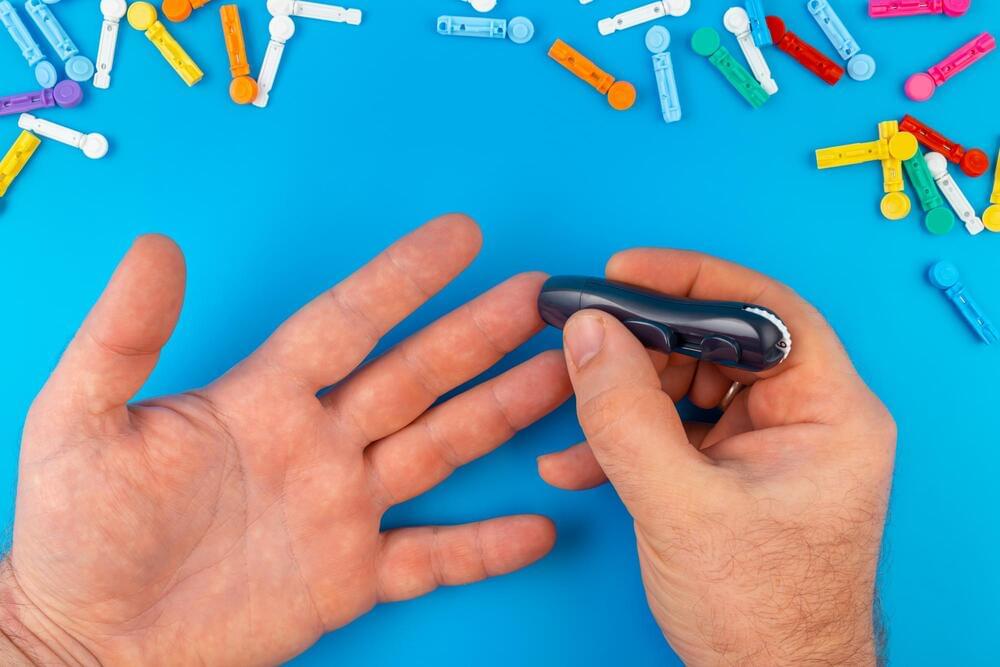
New potential diabetes treatment regenerates insulin-producing cells
An emerging way to treat diabetes is to repair or replace the cells in the body that naturally produce insulin. Swedish researchers have now identified a molecule that helps stimulate the growth of new insulin-producing cells, and uncovered how it works, opening up new potential diabetes treatments.
Diabetes is characterized by issues with insulin, the hormone that regulates blood glucose levels and allows the body’s cells to access it for energy. In type 1 diabetes, beta cells in the pancreas that normally produce insulin can’t make enough to meet demand, often because those cells have been destroyed by the immune system.
Treatment currently relies on administering insulin shots, but an emerging branch of study centers on finding ways to replenish the insulin production of those beta cells. Previous breakthroughs have included creating artificial beta cells that can pick up the slack, or using stem cells to grow new ones.
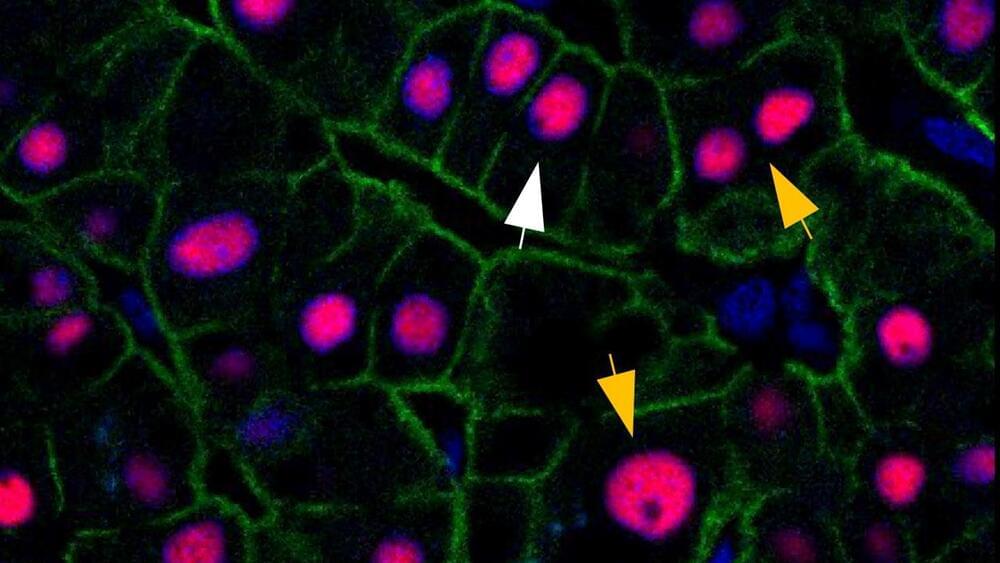
Constant Renewal: Your Liver Is Just Under Three Years Old
Using retrospective radiocarbon birth dating, an international team of scientists shows that the human liver stays young throughout life and is on average less than three years old.
As one of the major organs of the body, the liver performs many essential biological functions. Almost all the blood in a person’s body passes through the liver, where waste products, worn-out cells, and toxins are filtered. It also produces bile, a solution that helps digest fats and eliminate waste products. Those are just a couple of the major duties it performs — more ore than 500 vital functions have been identified with the liver.
The liver is an essential organ that takes care of detoxifying our bodies. It is prone to injury because it is constantly exposed to toxic substances. To overcome this, the liver has a unique capacity among organs to regenerate itself after damage. Because a lot of the body’s ability to heal and regenerate itself decreases as we age, scientists were wondering if the liver’s capacity to renew also diminishes with age.
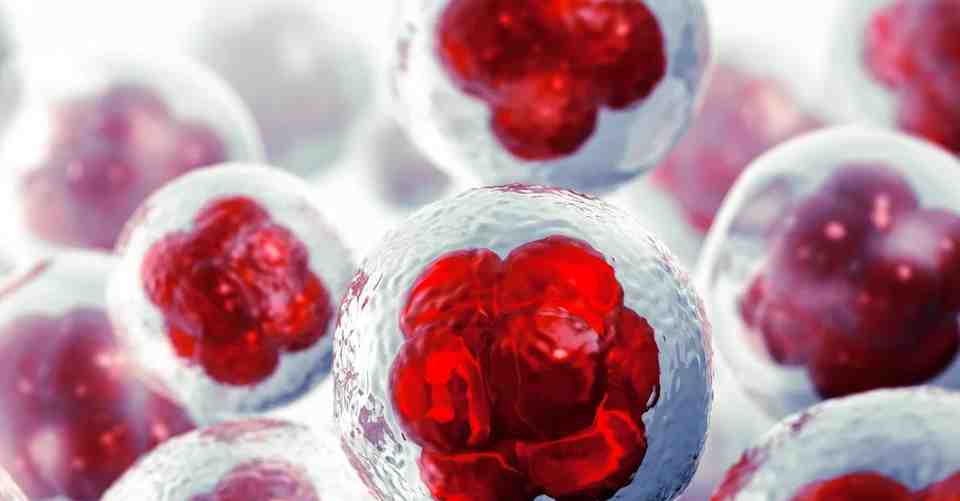
Harvard Scientists Have Developed a Revolutionary New Treatment for Diabetes
University of Missouri scientists are partnering with Harvard and Georgia Tech to create a new diabetes treatment that involves transplanting insulin-producing pancreatic cells. Type 1 diabetes is estimated to affect around 1.8 million Americans. Although type 1 diabetes often develops in childhood or adolescence, it can occur in adulthood…